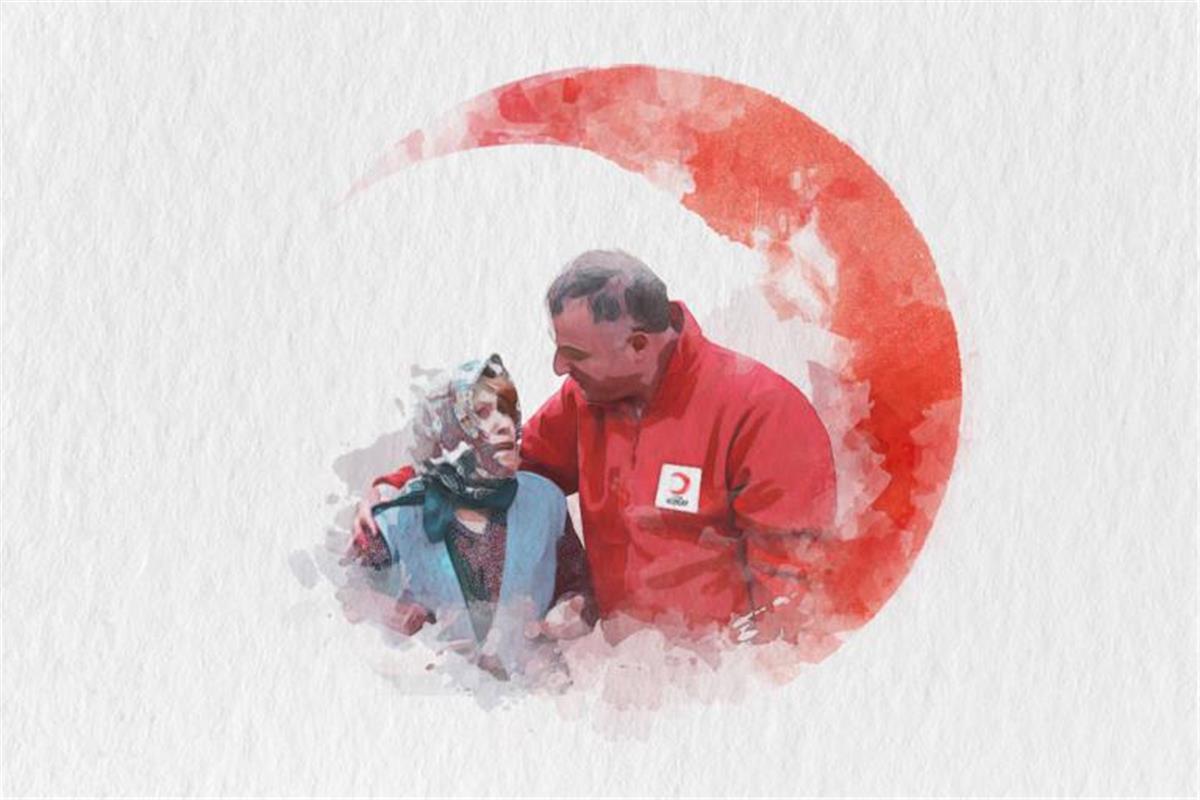
Being Turkey’s most rooted humanitarian aid organization, Kızılay carries out studies in different fields in order to relieve human suffering and protect human dignity. Kızılay finances most of its activities with in-kind and cash support from its donors. The people to who Kızılay provides aid, especially in disasters, migration, social services, and education, are people who are eligible for Zakat.
Kızılay’s 2021-2030 Strategic Plan is one of the key strategic documents that guide the organization’s activities. Within this, ‘fighting against poverty and hunger’ is one of the main objectives that have been identified under the heading ‘Social Resilience.’ One of the goals of this objective is to establish and run the Kızılay Zakat Institution. The provision of financial resources is of critical importance in order to achieve the goal of ‘fighting against poverty and hunger’ and the objectives listed under the ‘social empowerment and regional revitalization program’ and ‘economic empowerment program.’ Within this context, in today’s environment where solutions to global wealth inequality are scarce, Kızılay’s fight against poverty and hunger has a very important place in reaching social resilience, which is one of its 2030 goals. In addition, other objectives in the fields of migration, disaster, and education under ‘Social Resilience’ are also all directly related to zakat studies.
A fatwa given by the Presidency of Religious Affairs, High Council of Religious Affairs dated 27 June 2014, numbered 510, states that ‘There is no religious objection to depositing zakat into Kızılay accounts to be spent on providing shelter, clothing, hygiene and other similar needs to people who have been affected by disasters, war, civil unrest in countries where there are Muslim communities.’
Zakat assistance is made to those who have been identified in social analyses as living under the poverty line and not being able to afford primary needs. These people include but are not limited to the elderly, women, and people with disabilities, chronic illnesses, immigrants, disaster victims, the homeless, orphans, students, rough sleepers, and those who are marginalized from society.
Zakat can be paid in kind and/or in cash at once or regularly. This assistance is made in the following ways: livelihood support, food aid, maternity aid, clothing aid, emergency disaster aid, shelter aid, education, and health aid. For more, please see, Türk Kızılay Bağış Politikası.